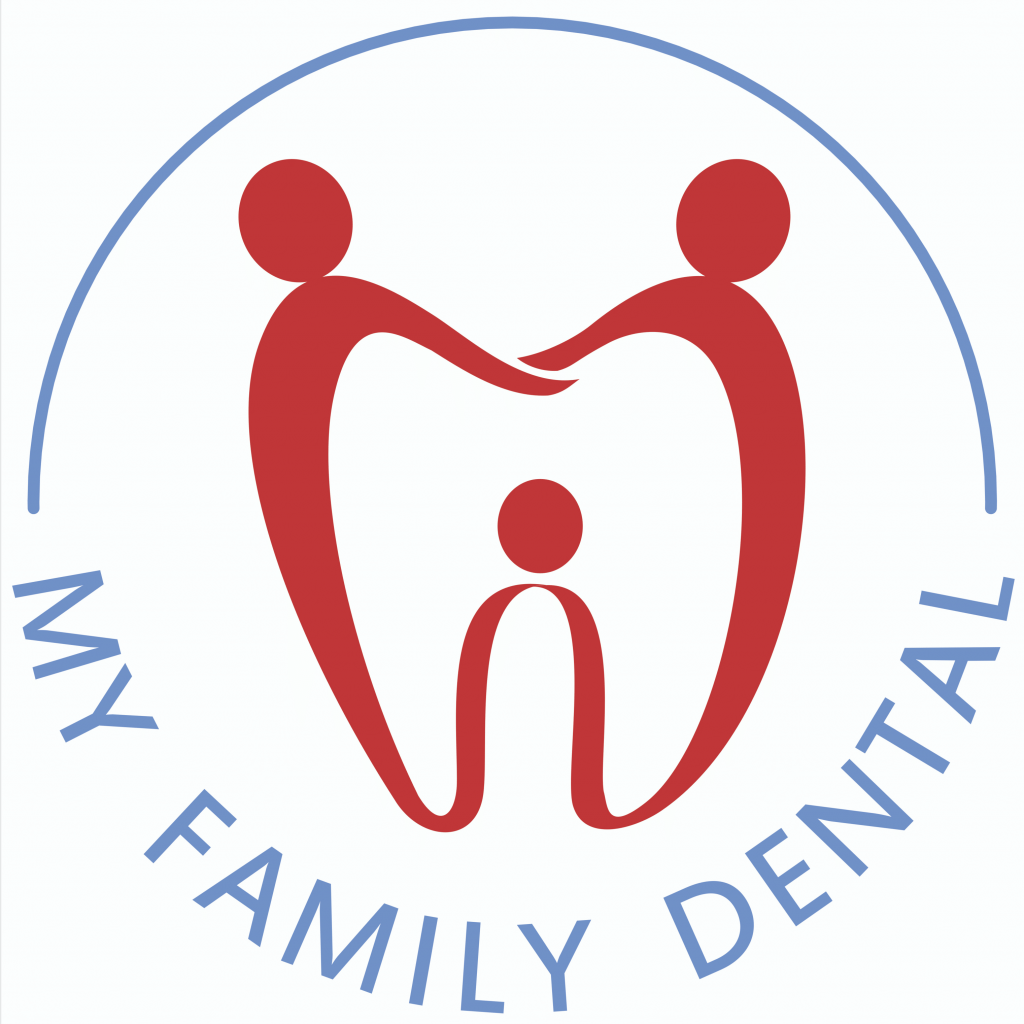Veneers and crowns are two cosmetic, restorative treatments designed to manage any niggling imperfections on your teeth, so they look better. Restorative treatments are fairly expensive. Therefore, it is important to understand everything you need to know about veneers vs crowns so that you can make an informed decision on which treatment type is right for you.
Let’s dive right into it.
What Are Dental Veneers?
Dental veneers are wafer-thin shells typically made out of porcelain material bonded over the front surface of your teeth. Veneers are dubbed the ‘Hollywood’ look because of their popularity. If you’ve niggling imperfections such as chips and stains that you want to hide, you’d naturally consider veneers. However, a veneer is only viable if you’ve enough enamel for the veneer to bond to it. They can also last for up to 30 years if looked after.
What Are Dental Crowns?
Dental crowns are tooth-shaped caps placed on top of teeth that are damaged and are designed to protect and restore their shape and size. They’re ideal to ensure that there’s no further damage or decay to the protected tooth.
Veneers vs Crowns – What’s The Difference?
A veneer is about 1 millimetre in thickness, but a crown is thicker at 2 millimetres, and both can be formed with porcelain material. Crowns are more suited to restoring the strong functioning of a tooth, whereas veneers are suitable for restoring the aesthetic appearance.
Veneers vs Crowns – Which One Is Right For Me?
To break it down simply, if you’re seeking a transformation of your smile from an aesthetic appearance point of view, you’ll likely consider dental veneers. There isn’t any treatment involved concerning your natural teeth with veneers because veneers are designed to cover any imperfections.
If you’re seeking to protect any damaged teeth from further damage or decay, you’d consider dental crowns. Consider the ‘cap’ as a protection tool that can help maintain the strength of the protected tooth.
What Are The Pros and Cons Of Veneers?
Pros and cons are a great way to assess whether dental veneers are a worthwhile option to transform how your smile looks.
Pros
- A solution for a long-term aesthetically pleasing smile
- A strong amount of your natural tooth remains along with the veneer
- Strong and durable in the mouth
- Hide all cosmetic issues completely
- A natural-looking and flawless smile
Cons
- Veneers are permanent, which means they’re irreversible
- Enamel is at greater risk of hot and cold temperatures
- Veneers can be damaged if they’re not looked after, leading to multiple costly appointments to replace them
- An expensive choice of treatment compared to the likes of teeth whitening
What Are The Pros and Cons With Crowns?
Dental crowns can also improve your appearance, but equally important is protecting your natural teeth. Here are the pros and cons that come with dental crowns.
Pros
- It prevents cracks and chips from becoming worse
- Reduces the chances of increased decay
- Protects an underlying tooth after root canal treatment
- Can last for up to 20 years with strong oral hygiene
- Reshapes your smile just the way you want it
Cons
- Underlying natural teeth can still get decayed
- Bacteria can penetrate your natural teeth if a crown is improperly fitted.
- Cavities can form underneath through bacteria build-up
- Would likely require replacements
How Do I Choose Out Of Veneers Vs Crowns?
The best way to decide is to consult your crown dentistry on what your needs are. For example, if you’re unhappy with your smile and want to see it changed, then you’ll like to choose veneers. If you’re concerned about the health of a tooth and like it to be further protected, you’ll likely choose dental crowns.
Get yourself booked in for a check-up and discuss the next steps with your dentist. If you have any questions, feel free to reach out to My Family Dental clinics in Emerald, Bowen, Innisfail, Townsville, Ingham, and Bohle Plains.



